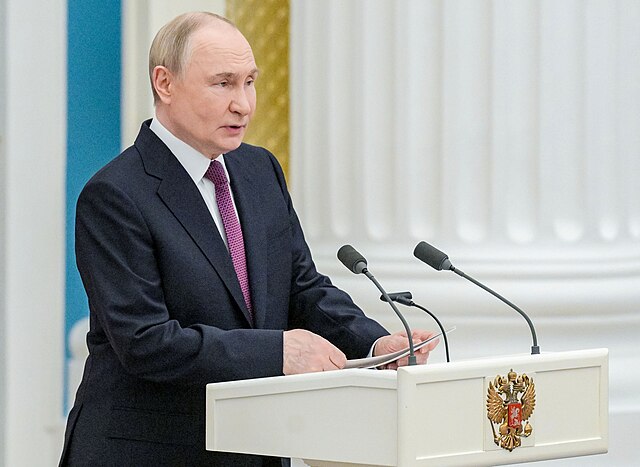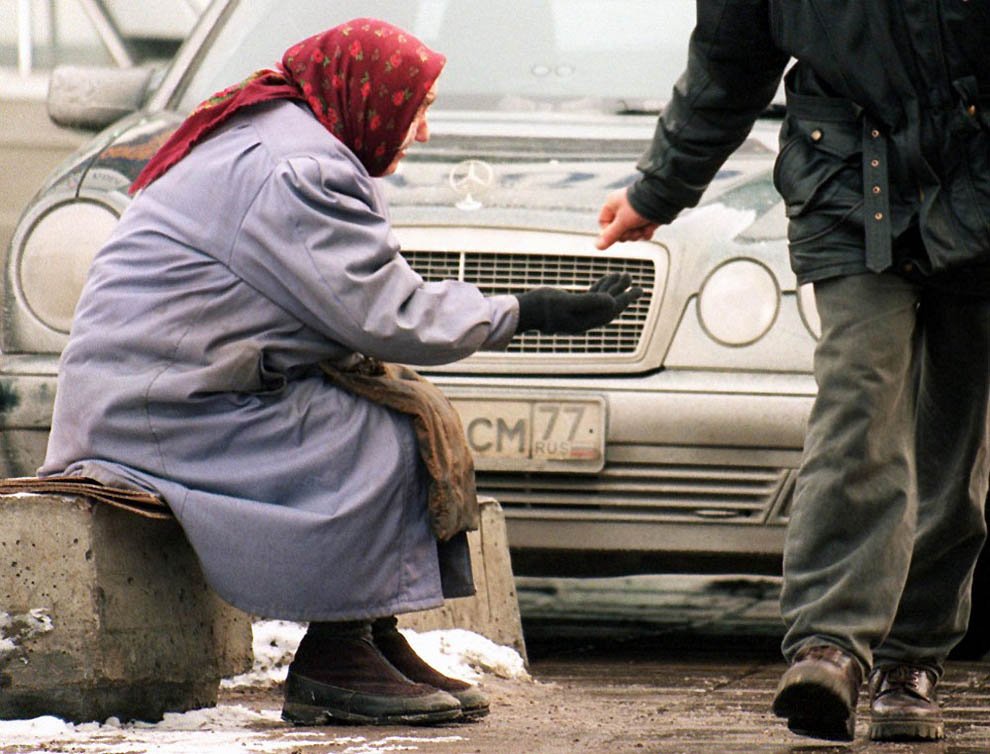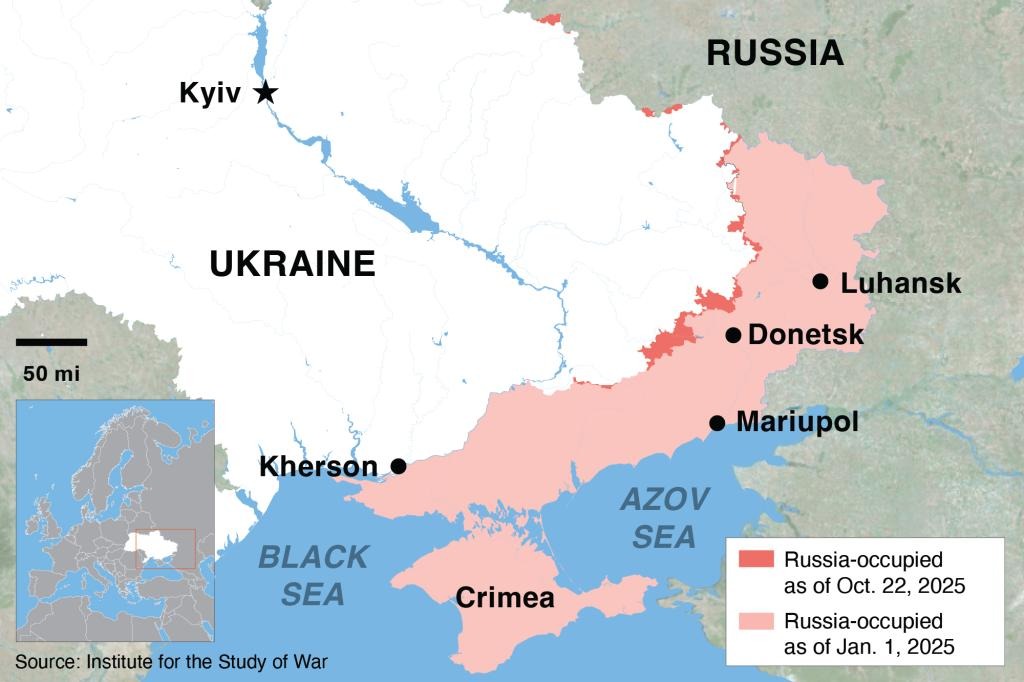ISW: Lavrov revives full set of pre-invasion narratives — this time aimed at Estonia, Latvia, and Lithuania

Russian Foreign Minister Sergei Lavrov used a media interview to unleash a barrage of accusations against the Baltic States, echoing the same narratives Russia once used to justify its invasions of Ukraine. According to the Institute for the Study of War, this signals a renewed Kremlin effort to set long-term pretext conditions for a possible future attack on Estonia, Latvia, or Lithuania.
Lavrov escalates anti-Baltic rhetoric in major narrative shift
The Institute says Russia is "conducting multiple information operations against the Baltic States as it did to justify the 2022 full-scale invasion of Ukraine, likely as part of Phase Zero conditions-setting for a possible attack on the Baltic States at some point in the future." ISW, however, doesn't predict an "imminent Russian attack on the Baltics" yet.
Lavrov’s comments, given in a 11 November interview to Russian media, combined several long-running Russian propaganda claims into a single statement. He accused Estonia, Latvia, and Lithuania of harboring “Russophobia,” promoting “anti-Russian” sentiment, and mistreating Russian speakers. He also alleged that the Baltic States had violated agreements with Russia and painted them as pawns of the United Kingdom. According to Lavrov, they had lost their sovereignty and were no longer truly European.
No signs of imminent attack, but groundwork being laid
ISW assessed that Lavrov’s statements are part of ongoing Russian Phase Zero operations — a strategy to set informational conditions for possible military aggression. It emphasized that such efforts can last for years and do not necessarily result in an attack. ISW said there are no indicators of imminent military preparations against NATO states.
Still, the think tank stressed that these activities echo pre-2022 Russian efforts toward Ukraine and warned against ignoring the parallels.
"ISW’s assessments that these and other activities constitute Phase Zero conditions-setting efforts are meant to call attention to the parallels with pre-2022 Russian conditions-setting efforts vis-à-vis Ukraine but are not an imminent attack warning at this time," the think tank wrote.



